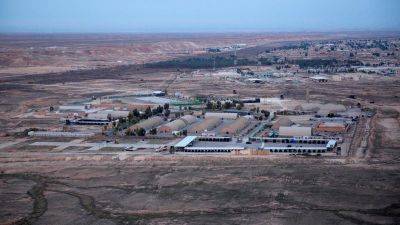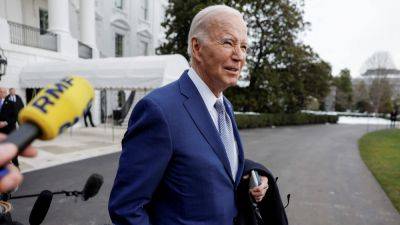Red Sea Attacks Leave Shipping Companies With Difficult Choices
The shipping companies that move goods on one of the world’s busiest trade routes for factories, stores, car dealerships and other businesses face an excruciating decision.
They can send their vessels through the Red Sea if they are willing to risk attacks by the Houthi militia in Yemen and to bear the cost of sharply higher insurance premiums. Or they can sail an extra 4,000 miles around Africa, adding 10 days in each direction and burning considerably more fuel.
Neither option is appealing and both raise costs — expenses that analysts said could ultimately be borne by consumers through higher prices on the goods they buy.
“We are beginning to see the weaponization of the global supply chains,” said Marco Forgione, director general of the Institute of Export and International Trade, which supports British corporate efforts to expand in overseas markets.
In recent months, global supply chains had finally recovered after three years of disruptions caused by the pandemic and even a brief blockage of the Suez Canal, which lies at the northwestern end of the Red Sea and handles some 12 percent of global trade. Freight rates had fallen steeply, and the long delays that had bedeviled retailers in the United States and Europe had been resolved.
So far, the problems in the Red Sea have not disrupted global supply chains to the same extent that the pandemic did. “But we are heading in that direction,” Mr. Forgione said.







